Rajshahi, Sept 3 (V7N) — Residents of Nowhata Municipality in Rajshahi's Paba Upazila are facing growing frustration due to a prolonged breakdown in basic civic services. Since the dismissal of elected councillors, access to essential municipal services has significantly declined, raising serious concerns over administrative efficacy and accountability.
Nowhata, a first-class municipality covering 46.10 square miles and home to around 115,000 residents, once functioned with the efficiency of a city corporation. On average, 200–250 citizens visited the municipal office daily. Today, that number has dropped to around 50–60, with many reporting they are still unable to access the services they need.
Citizens say they are being deprived of critical documents like birth and death certificates, character references, citizenship and inheritance certificates — often essential for legal, educational, and financial matters. Delays of weeks or even months are now common, according to local testimonies. Complaints also extend to the deterioration of basic infrastructure, including roads, sanitation, waste disposal, water supply, and street lighting.
While residents continue to pay taxes and service charges, the municipality’s revenue has reportedly plummeted due to a collapse in service delivery and lack of trust in the system.
A major source of discontent is the rigid administrative policies imposed by the current municipal administrator, Arafat Aman Aziz, who also serves as the Upazila Nirbahi Officer (UNO) of Paba. Critics say his conditions for issuing standard documents are excessive and impractical. For example, marriage certificates are now being required to obtain a citizenship certificate. Additionally, applicants for trade licenses must show proof of Tax Identification Numbers (TIN), with some reportedly being asked to open separate TIN files for each type of business — a legally and technically questionable practice, as one person is allowed only one TIN linked to their national ID.
Residents argue that such barriers are strangling small entrepreneurs who rely on trade licenses to launch or diversify businesses in an already difficult economic climate. Nowhata Jute Mills and other large enterprises have allegedly halted tax payments over these unresolved administrative complexities, further shrinking the municipality's income base.
Field visits reveal long queues of frustrated residents at the municipal building. Amit, a resident of Ward 3, had returned multiple times in an attempt to get a citizenship certificate, only to find the responsible official absent. Nazma, another resident, was trying to obtain a correction affidavit for her daughter's birth certificate but found no guidance due to the absence of elected representatives.
Shahin Alam from Ward 8 said he has been waiting for two months for his wife's death certificate, which he needs for legal procedures, including a loan settlement. He applied through the official process and was told to return after a week. Weeks turned into months without progress.
Residents also criticize the shift to an online application system, saying it has complicated rather than simplified access. Previously, citizenship certificates were available within 10–20 minutes upon submission of basic documents. Now, residents must apply online, submit multiple photocopies (including marriage certificates), and wait 7 to 15 days for processing — often too late for urgent needs such as medical treatment or land sales.
Locals like Shirina Begum and Sanuara Begum from Ward 7 recall a time when municipal services were quick, simple, and face-to-face. “Now the system is over-complicated, full of delays, and no one takes responsibility,” one of them said.
An anonymous municipal staff member commented briefly: “Previously, services were condition-free. Now, they're all condition-bound. This is why service-seekers are dropping, and so is municipal revenue.”
Despite repeated attempts, the administrator Arafat Aman Aziz could not be reached for comment. His government-issued mobile number remained unanswered.
The worsening service crisis has sparked widespread public dissatisfaction and raised serious questions about governance, transparency, and citizen rights in one of Rajshahi’s key urban localities.
END/MRA/SMA/



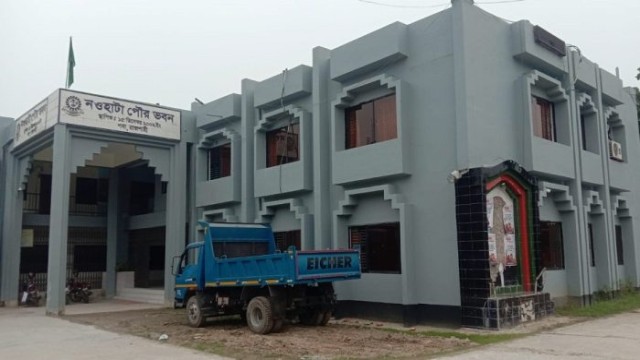
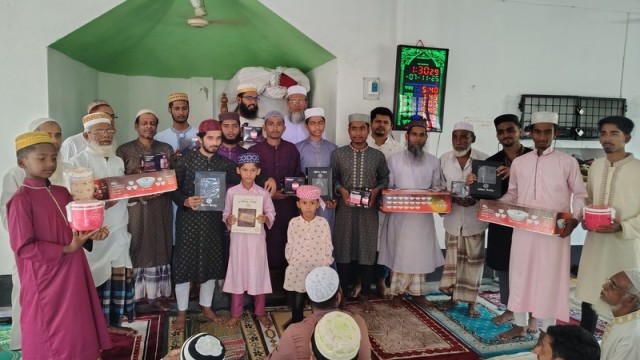
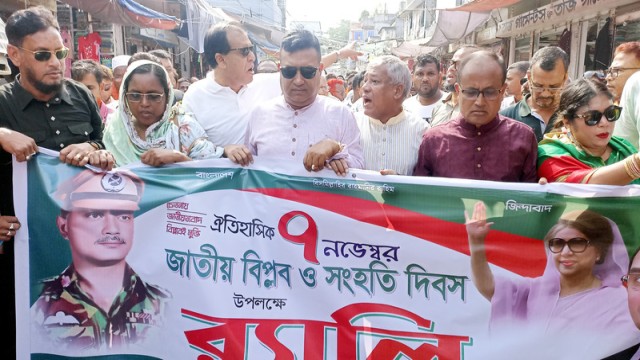
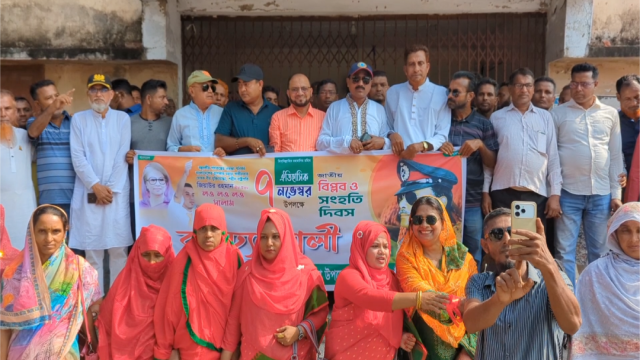
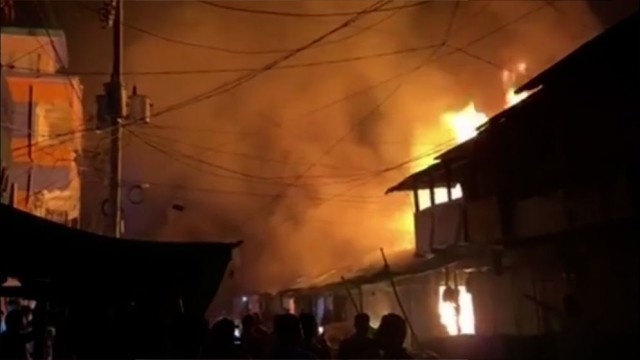
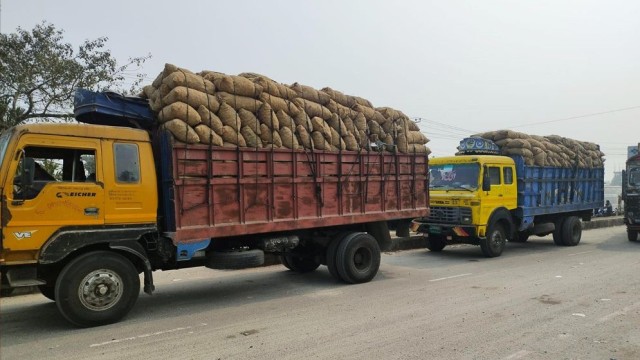
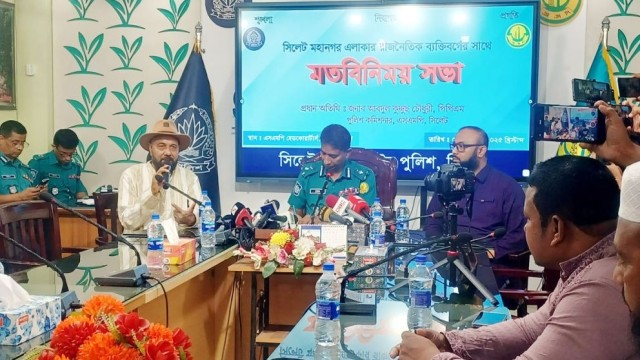
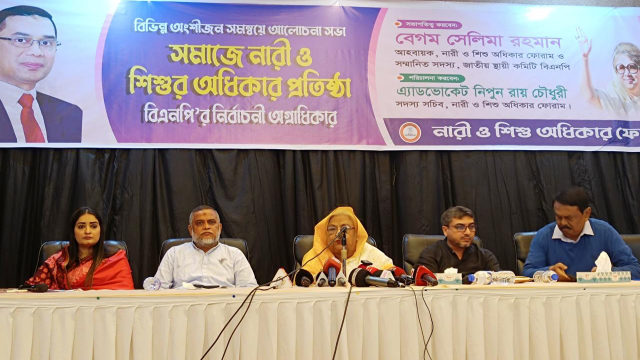
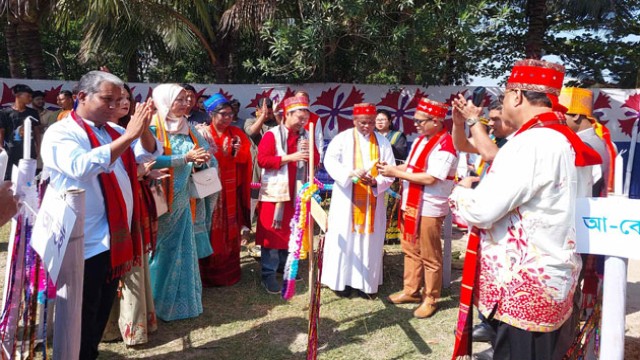
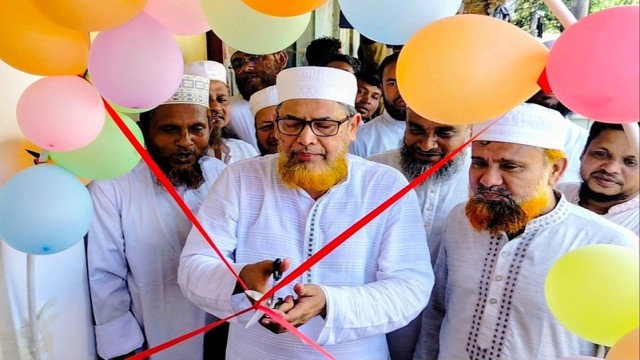
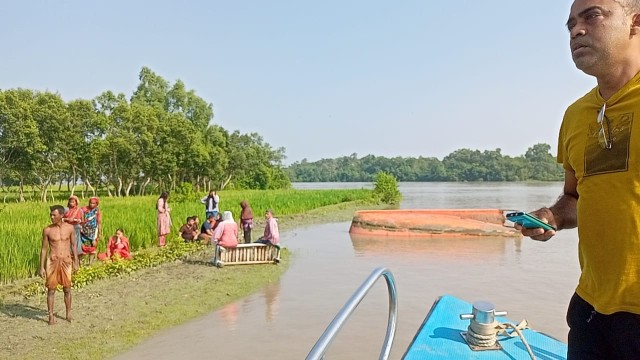
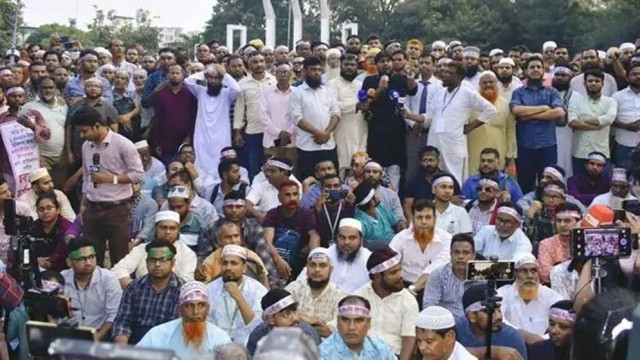
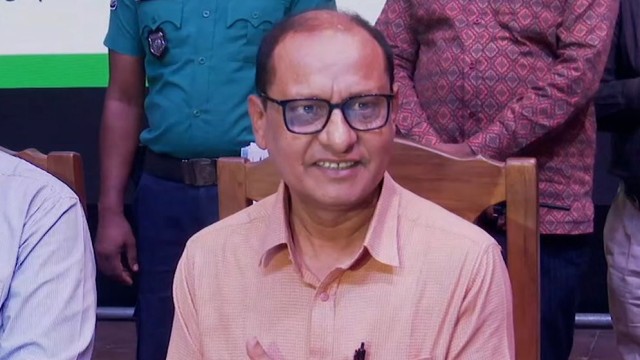
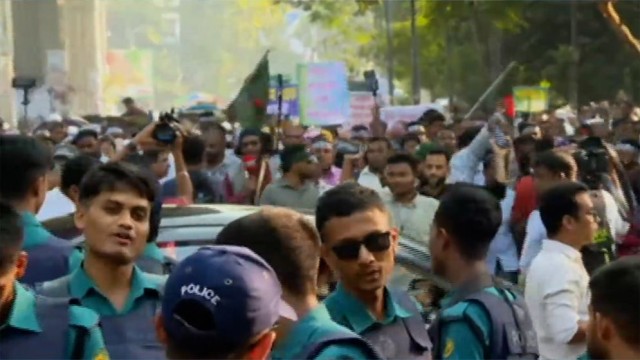
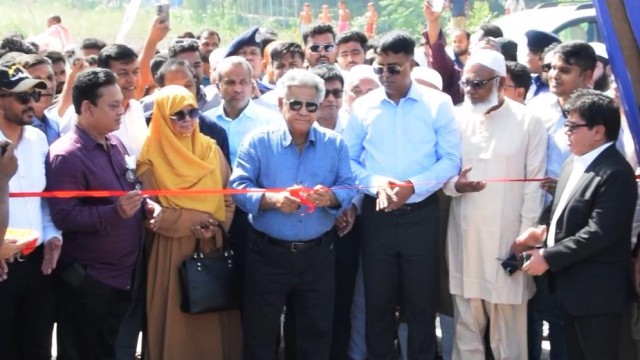
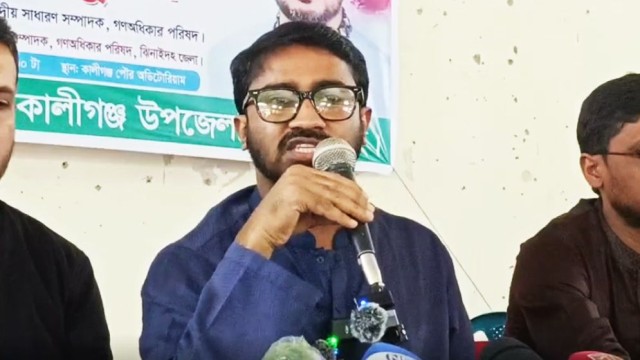
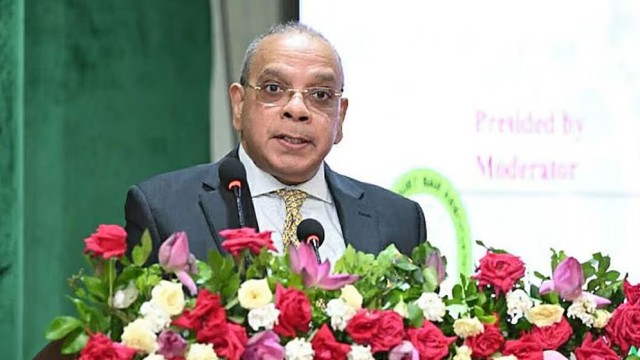

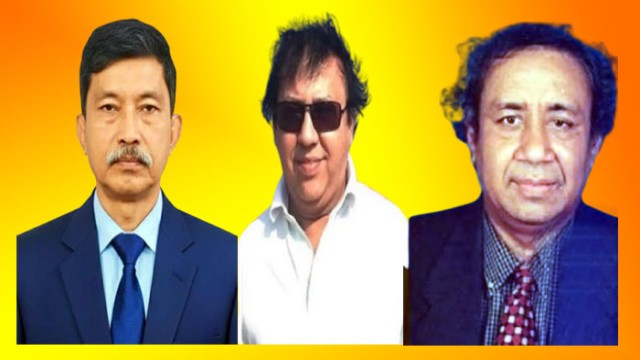
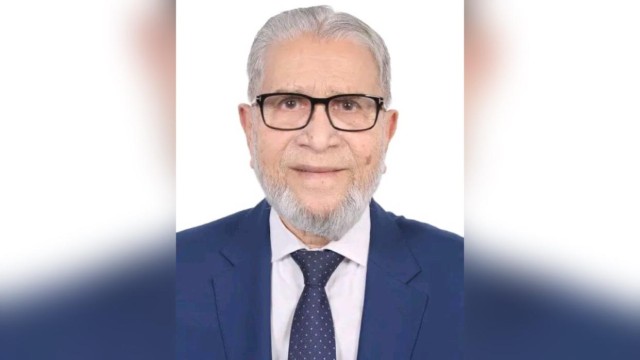

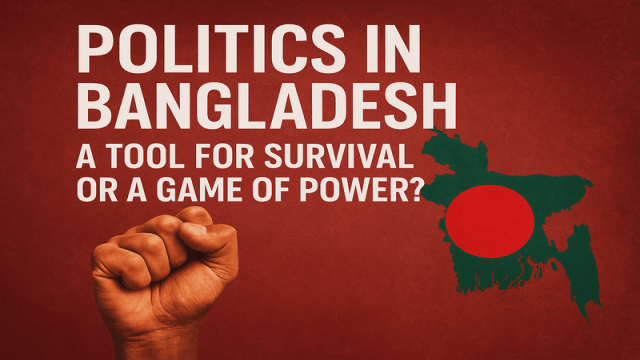
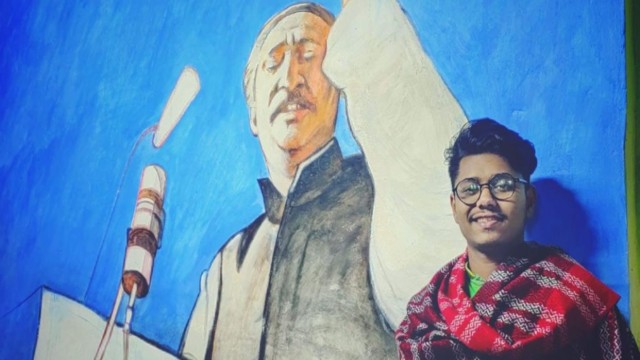
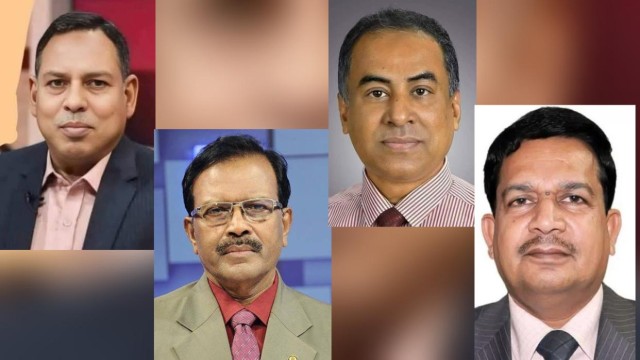
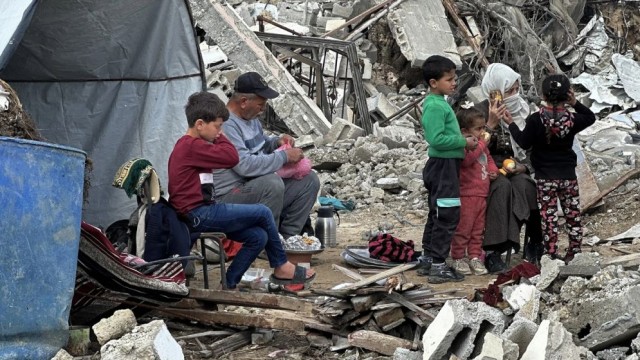
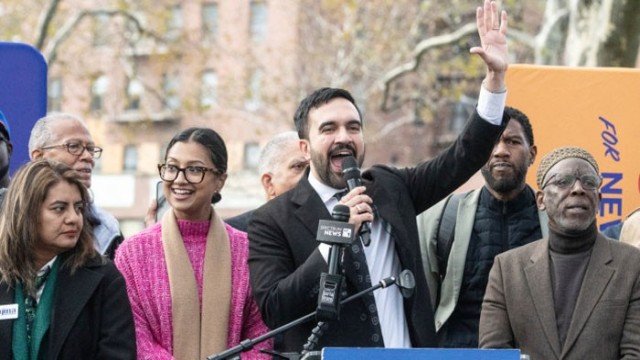


Comment: